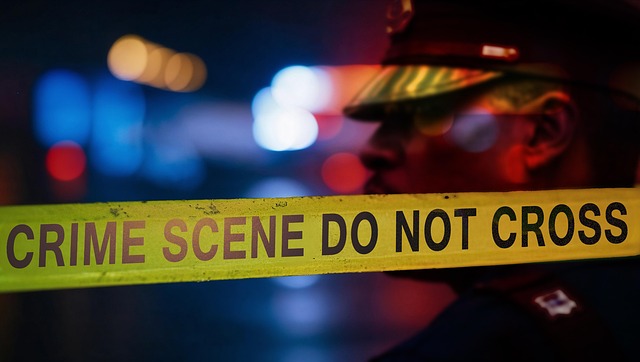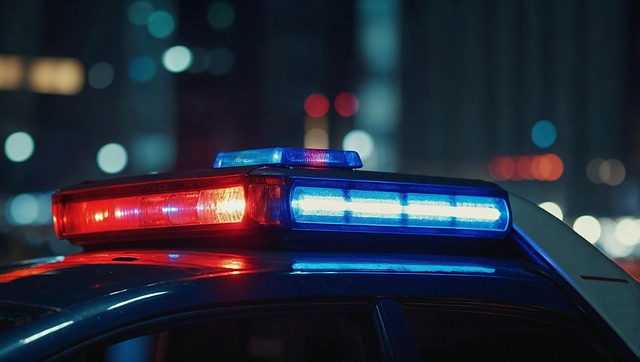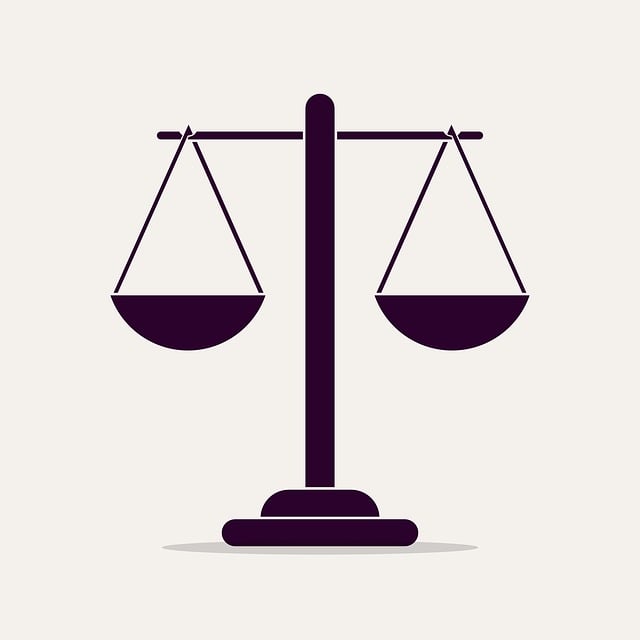Public corruption trials hinge on intricate legal strategies, with prosecutors and defense lawyers employing specific techniques during Criminal Trial Jury Selection. This process aims to choose impartial jurors capable of understanding complex cases. Lawyers use voir dire to uncover biases, challenge evidence, and present narratives that resonate with the jury's sense of justice. Overcoming "white-collar bias" is crucial for fair trials, requiring thorough questioning and diverse juror representation from all stages of investigations. Effective Criminal Trial Jury Selection Strategies are vital in high-profile cases, ensuring impartiality, mitigating biases, and securing verdicts based on evidence.
In the intricate landscape of justice, public corruption charges present unique challenges. This article delves into the intricacies of understanding these charges within the legal framework, focusing on their definition and the critical role of juries in subsequent trials. We explore effective strategies for criminal trial jury selection, highlighting key considerations to navigate potential pitfalls. Additionally, best practices and ethical guidelines are presented to enhance the selection process, ensuring fair outcomes in corruption cases. Discover expert insights into these essential Criminal Trial Jury Selection Strategies.
- Understanding Public Corruption Charges: Definition and Legal Framework
- The Role of a Jury in Public Corruption Trials
- Key Strategies for Effective Criminal Trial Jury Selection
- Challenges and Common Pitfalls in Selecting Juries for Corruption Cases
- Enhancing Jury Selection Process: Best Practices and Ethical Considerations
Understanding Public Corruption Charges: Definition and Legal Framework

Public Corruption Charges refer to allegations of illicit behavior by public officials or those in positions of power, involving abuse of authority for personal gain. This can range from soliciting bribes to leveraging official resources for unauthorized benefits. The legal framework surrounding these charges is designed to uphold integrity and accountability within governance structures, with each jurisdiction establishing its own set of laws and regulations.
Understanding the nature of public corruption requires a grasp of both criminal and civil laws. Prosecutors often leverage Criminal Trial Jury Selection Strategies to build compelling cases, ensuring fair trials and winning challenging defense verdicts. The ‘white collar defense’ is a specialized legal approach that addresses these charges across the country, where strategies focus on distinguishing between legitimate business activities and corrupt practices. This complex landscape demands meticulous planning and an in-depth understanding of both the crime and the unique defenses available in each case.
The Role of a Jury in Public Corruption Trials

In public corruption trials, the role of a jury is pivotal. Jurors act as the ultimate arbiters of truth, tasked with evaluating evidence and determining guilt or innocence. During the selection process, known as jury selection strategies, potential jurors are questioned to ensure they can set aside biases and render impartial verdicts. This meticulous approach aims to empanel a fair and representative panel capable of understanding the complexities of public corruption cases.
The general criminal defense for public corruption charges often revolves around challenging the admissibility of evidence, questioning witness credibility, and highlighting procedural irregularities. Jurors must be adept at discerning between relevant, admissible evidence and speculative or prejudicial testimony. A successful complete dismissal of all charges may result from a jury’s critical analysis, particularly when corporate and individual clients are involved, ensuring that the rights of all parties are protected within the criminal trial process.
Key Strategies for Effective Criminal Trial Jury Selection
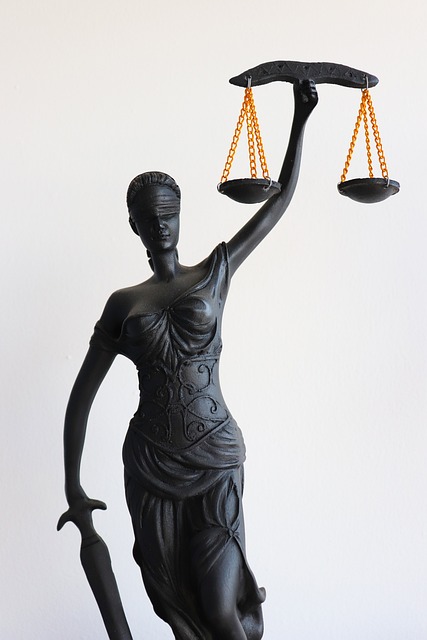
In the realm of public corruption charges, particularly within white-collar crime cases, Criminal Trial Jury Selection plays a pivotal role in shaping the outcome of a trial. The process involves carefully scrutinizing potential jurors to ensure an unbiased and representative panel for the defendant’s general criminal defense strategy. One key strategy is to engage in thorough questioning, or voir dire, to uncover biases, prejudices, or any prior knowledge that might influence their judgment. This meticulous approach helps attorneys identify and strike potential jurors who may be unsympathetic to the nuances of complex financial crimes.
Additionally, employing effective communication techniques during jury selection is vital for building a winning challenging defense verdict. Lawyers should articulate their client’s story and the complexities of the case in a manner that resonates with the jury’s understanding of justice. By presenting a compelling narrative, leveraging relevant experience, and demonstrating an adept grasp of legal principles, defense attorneys can foster an environment conducive to a fair trial. This strategic approach enhances the likelihood of securing a favorable outcome, even in the face of significant public scrutiny.
Challenges and Common Pitfalls in Selecting Juries for Corruption Cases
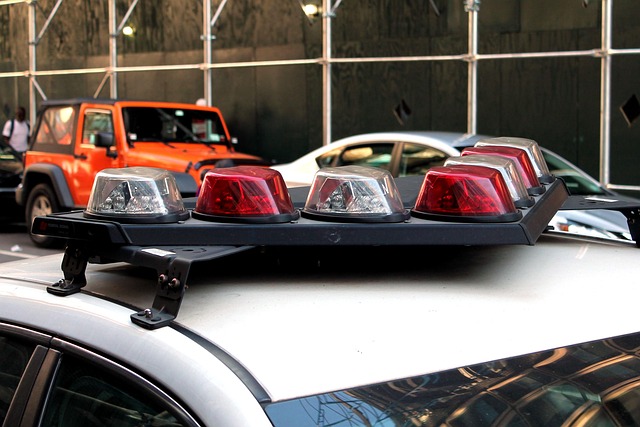
Selecting juries for corruption cases presents unique challenges due to the sensitive nature of the charges. Potential jurors often possess preconceived notions about public corruption, which can bias their perceptions and impact their ability to render an impartial verdict. This issue demands strategic approaches during jury selection, focusing on understanding and overcoming these biases. Criminal trial lawyers must employ robust jury screening methods to identify individuals with the capacity to set aside personal beliefs and consider evidence objectively.
One of the common pitfalls is the potential for “white-collar bias,” where jurors may subconsciously associate certain professions or social groups with dishonest behavior, especially when dealing with economic crimes. This bias can inadvertently exclude qualified candidates who, for their clients’ interests, would bring diverse perspectives and experiences to the trial. Effective jury selection strategies involve addressing these biases through thorough questioning and ensuring representation from all stages of the investigative and enforcement process.
Enhancing Jury Selection Process: Best Practices and Ethical Considerations
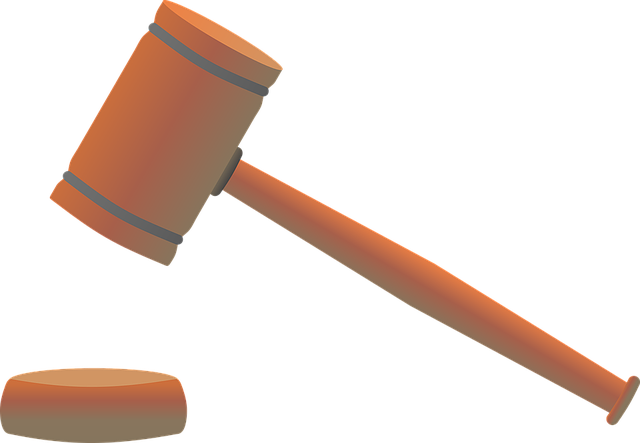
In today’s complex legal landscape, especially with high-stakes cases involving corporate and individual clients across the country, enhancing the jury selection process is paramount. Effective Criminal Trial Jury Selection Strategies require a thoughtful balance between ensuring a fair and impartial jury and securing a verdict aligned with the evidence. This involves not just identifying biases but also understanding potential jurors’ life experiences, values, and cultural perspectives.
Best practices emphasize thorough questioning during voir dire to uncover implicit prejudices. Jurors should be rigorously vetted to mitigate the risk of bias, ensuring they can set aside personal opinions and render a decision based solely on presented evidence. Ethical considerations demand that attorneys and judges remain impartial during this process, avoiding any influence that could skew potential jurors’ perceptions. Ultimately, an inclusive and unbiased jury selection process is crucial for upholding justice in high-stakes cases.
Public corruption charges pose unique challenges in criminal trial jury selection, requiring a meticulous process to ensure impartiality and an understanding of complex legal concepts. By employing effective strategies, such as thorough vetting of potential jurors and minimizing bias, the court can select a jury adept at navigating the intricate web of public corruption cases. Understanding these best practices is essential for achieving just outcomes in these high-stakes trials, ultimately upholding the integrity of our legal system. Additionally, recognizing and avoiding common pitfalls ensures a fair and accurate representation during the criminal trial jury selection process, which is pivotal to the success of anti-corruption efforts.


